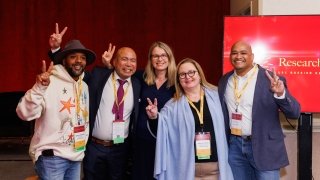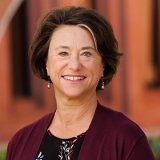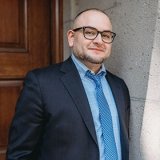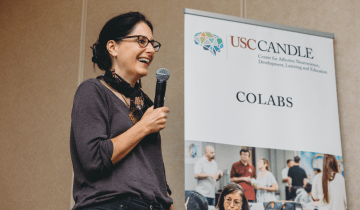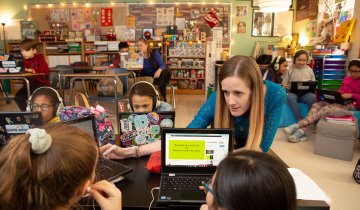“USC Rossier researchers are making significant contributions to advancing equity and improving learning opportunities in communities, K–12 schools and higher education through partnerships and collaboration in Los Angeles and beyond,” said USC Rossier Dean Pedro Noguera during his opening remarks at the 2024 USC Rossier Research for Impact Conference on Mar. 1.
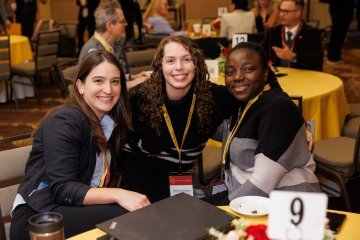
Over 250 faculty, staff, students, alumni and community research partners gathered to attend the second annual conference. With more than 50 panels and sessions from over 80 presenters, the conference offered colleagues the opportunity to share and learn from one another, and look for ways to align their work to maximize the impact of their research.
“What’s so exciting about the USC Rossier Research conference is to be able to share the impactful research that our faculty and students are doing with each other and with the broader community,” said USC Distinguished Professor Gale M. Sinatra.
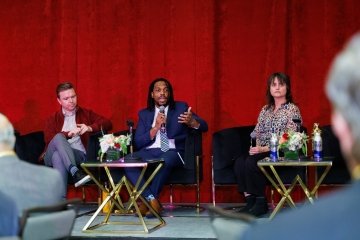
Presenters included tenure track, tenured and Research, Teaching, Practice, and Clinical faculty, as well as faculty and staff from USC Rossier research centers. Students from across USC Rossier programs, along with recent alumni and research partners from local school districts presented as well. Research papers and studies ranged from “Let’s rap: Hip-hop and the educational success of urban youth” and “Advancing language teacher education with generative AI” to “U.S. adolescents’ critical race digital literacy needs and skills” and “Queering instructional leadership to promote LGBTQ+ inclusive schools.”
More on the USC Rossier Research for Impact Conference 2024.
Assistant Professor of Education Adrian Huerta presented on the Phoenix Scholars, a program he created at Long Beach City College for gang-involved youth. “I hope people see that this population is viable for change,” Huerta said. “[And] that we should not continue to stigmatize young people who have been unfortunate in their life circumstances and to really rethink how and who we consider college material this year.” He shared that 25 gang-impacted students are graduating from Long Beach City College this year.
For many faculty attending the conference was an opportunity to support their former and current students’ work. “One of my biggest joys as a professor is that I get to see so many different projects come to fruition and see it from A to Z,” said Artineh Samkian, professor of clinical education. “I love that they are presenting here today because they get to share with a larger audience what they’ve learned and how they’ve grown.”
Jeffrey Lara-Ledón, a third-year doctoral student with Samkian, presented with fellow classmates. “We’re excited to talk about the power of action research and the ways that action research has us as researchers systematically question and interrogate the practices we’re engaging with in our studies to create and lead change for our participants,” Lara-Ledón said. Their panel session was titled: “The power of action research in the field of TK–12 education: Eliciting change within ourselves and our adult learners,” where four doctoral students described how they implemented action research within the context of their educational work. Action research is a form of qualitative research that aims to investigate while solving an issue, as the name suggests, one conducts research and takes action at the same time.
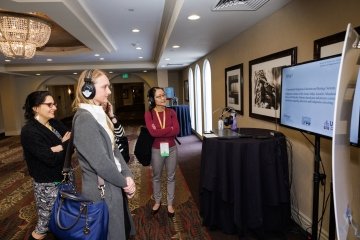
Tr’Vel Lyons, a second-year postdoctoral research scholar with the Center for Education, Identity and Social Justice, presented on anti-Blackness and how it impacts college access and college preparation for Black students. “I’m hoping to give some strategies focusing on Black joy, on the hard facts of college readiness and making sure students are prepared with A through G requirements and readiness,” Lyons said. “I’m hoping to collaborate with other faculty as well as the keynote speaker and deans on this effort and further the research.”
Through engaging discussions and presentations, participants of the second annual USC Rossier Research for Impact conference identified key areas for future research and opportunities for cross-disciplinary partnerships. “It’s really exciting to see all the work that is coming out of this event, and I’m looking forward to sharing more of it in the future,” said Sinatra.

